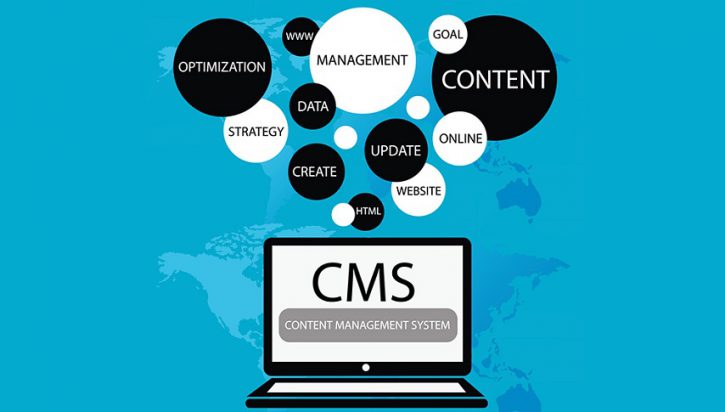Streamline Your Web Presence with Content Management Systems (CMS)

In the digital age, managing and updating website content efficiently is essential for businesses and individuals alike. Content Management Systems (CMS) have revolutionized the way websites are created, organized, and maintained. In this article, we will explore the benefits and functionalities of CMS platforms, empowering you to make informed decisions about adopting a CMS for your web presence.
What is a Content Management System (CMS)?
A CMS is a software application that simplifies the process of creating, editing, organizing, and publishing digital content on websites. It provides a user-friendly interface that eliminates the need for coding expertise, allowing individuals to focus on content creation and management.
Streamlined Content Creation and Editing
CMS platforms offer intuitive content creation and editing tools. With a CMS, you can easily create and format web pages, blog posts, multimedia content, and more. The WYSIWYG (What You See Is What You Get) editor provides a familiar interface similar to word processors, making it accessible to users with minimal technical skills.
Flexible Design and Templates
CMS platforms offer a vast selection of customizable templates and themes to suit various website styles and purposes. These templates provide a foundation for your website's design, enabling you to create a professional and visually appealing interface without the need for extensive web design knowledge. Customization options allow you to personalize the templates to align with your brand identity.
Content Organization and Management
CMS platforms excel in organizing and managing content. They provide features such as categorization, tagging, and metadata management, enabling efficient content organization and search ability. With a CMS, you can easily create and manage content hierarchies, navigation menus, and media libraries, ensuring a seamless user experience.
User Roles and Permissions
CMS platforms offer robust user management systems, allowing you to assign different roles and permissions to individuals involved in content creation and management. Administrators can define roles such as content creators, editors, and administrators, granting specific access levels to ensure content integrity and security.
Collaboration and Workflow
CMS platforms facilitate collaboration among multiple users involved in content creation. They provide workflow management tools, allowing users to submit content for review, track changes, and collaborate on content revisions. These features streamline the content creation process, ensuring smooth collaboration and efficient content production.
Extensibility with Plugins and Extensions
CMS platforms offer a wide range of plugins and extensions to extend the functionality of your website. These addons provide features such as e-commerce integration, SEO optimization, social media integration, analytics, and more. The availability of a vast plugin ecosystem empowers you to enhance your website's capabilities without the need for custom development.
SEO-Friendly Architecture
CMS platforms are designed with search engine optimization (SEO) in mind. They generate clean and search engine-friendly URLs, provide options for meta tag customization, and offer built-in SEO tools to optimize your website's visibility in search engine results. CMS platforms enable you to implement SEO best practices easily, enhancing your website's online presence.
Regular Updates and Support
CMS platforms have active developer communities that release regular updates, security patches, and feature enhancements. These updates ensure that your website remains secure, performs optimally, and stays up to date with the latest web technologies. Additionally, most CMS platforms provide reliable support resources such as documentation, forums, and user communities to assist users with any queries or issues.
Scalability and Future-Proofing
CMS platforms are highly scalable, allowing your website to grow and adapt as your business needs evolve. Whether you're starting with a small website or planning an enterprise-level solution, CMS platforms can accommodate your requirements while providing room for future expansion. This scalability ensures that your web presence remains flexible and future-proof.
Content Management Systems (CMS) have revolutionized the way websites are created, organized, and managed. With their user-friendly interfaces, streamlined content creation and editing tools, flexible design options, and extensive plugin ecosystems, CMS platforms empower individuals and businesses to establish a professional web presence without extensive technical expertise. By adopting a CMS, you can streamline your content management processes, enhance collaboration, optimize your website for search engines, and ensure scalability for future growth. Embrace the power of CMS platforms and unlock the full potential of your web presence.





